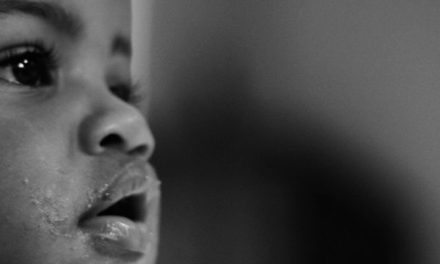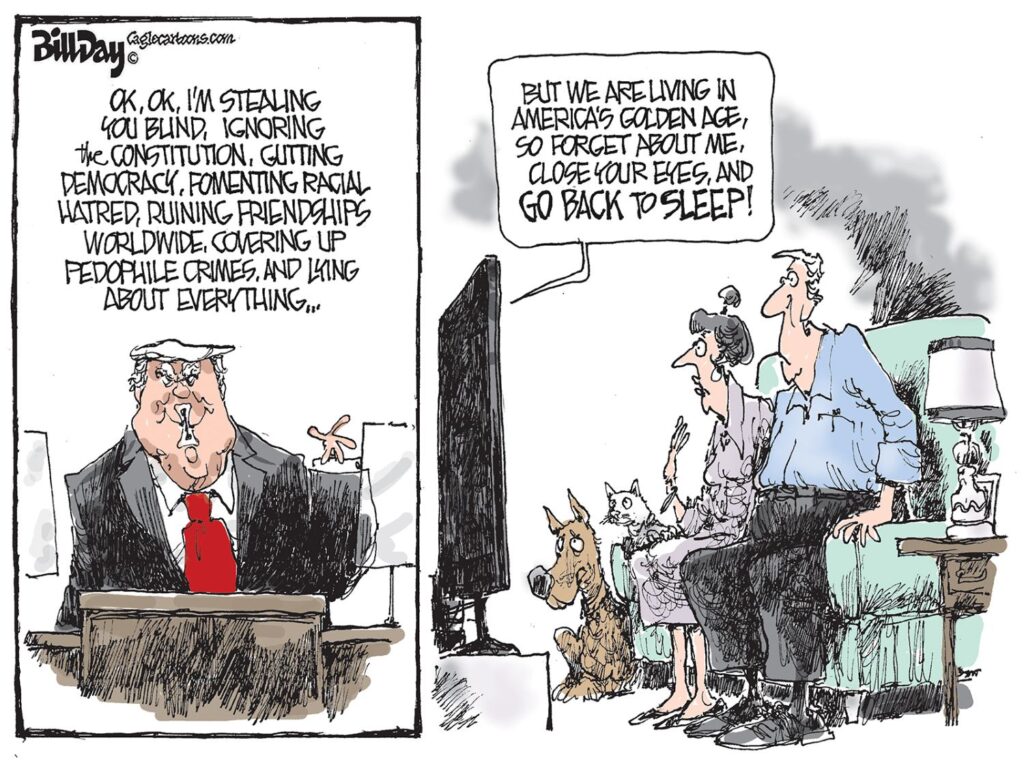Thumbnail: Rule breakers on mask wearing have the power over employees as a result of their intimidation and irrationality. It calls on the rest of us to show the political will to support public health.
***
By Leah Windsor
What power do children – and ordinary citizens – have to stop the spread of the novel coronavirus? In short: a lot.
Since March 11th, I have ventured out rarely, and generally only for necessities or for exercise. At grocery stores – like today at Kroger – I saw roughly 1/3 of patrons either not wearing a mask or wearing it improperly. Employees seemed content to observe the patrons clearly flouting Kroger’s and the City of Memphis’ policies. I asked several employees to request the patrons to put on masks, and to wear them properly.
At Fresh Market last week, I asked the manager why he didn’t intervene and ask the patrons to mask up. His response? Patrons get irate. They threaten violence. They escalate the situation. And employees are instructed to back down if a patron gets upset. At another store, I asked several employees to request that an entire family of at least seven people to put their masks on. Two employees gave me the brush off. One told me: people don’t listen when we ask them, and they get mad at us.
I get it. I understand the hesitation to confront people who are not wearing masks or wearing them improperly. That request could make anyone the focus of the next video to go viral – and not in a good way. In the social moment we find ourselves in, people are on edge, frustrated, afraid (even if they don’t want to admit it) and primed for violence. Some people feel that wearing a mask violates their civil liberties (it doesn’t).
The Power of Breaking the Rules
Still, the rule-breakers have all the power in this contemporary situation, and the rule-followers cower in fear of confrontation as the pandemic rages on indefinitely, inconveniencing everyone. As a social scientist, I have tried to approach solutions to this problem theoretically, and with creativity.
In 2012, I defended my doctoral dissertation. It focused on how countries differently respond to natural disasters – things like earthquakes, floods, and pandemics. I theorized that countries could respond along two dimensions, having the willingness – the political willpower – and the ability – the material and financial resources – to address the root of the problem, as well as the immediate concerns it presented. Countries could be both willing and able (having the material resources and the political willpower), neither willing nor able (lacking resources and political will), or alternately willing and/or able.
What I found was that willpower is what matters most – if countries are materially rich, but unwilling to address problems related to natural disasters – they had worse outcomes. But if countries had willpower, irrespective of material wealth and resources – their citizens fared better. Clearly, it’s preferable to have both resources and political will, but if you had to choose, political will wins the day.
Mozzie Busters
Why is this? One example can be found in the dengue fever outbreak in Singapore in 2005. In that year, Singapore’s GDP per capita was just under $30,000 – it has more than doubled today. Its national wealth was on an overall upward trend, but it had plateaued for a decade. Dengue fever is spread by what the World Health Organization calls a “highly efficient epidemic vector mosquito.” The political will that manifested in Singapore came in the form of “mozzie busters” – girl guides and girl scouts empowered to go door to door issuing citations to citizens with standing water in their yards – the fertile breeding grounds for mosquitoes. Could such a plan work here?
Girl Scouts and Boy Scouts are familiar fixtures at grocery store and business entrances, thanks in large part due to their cookie fundraisers. Girl and Boy Scouts are a public good, and a source of community pride. Children can be a powerful source for social change, as seen in Singapore in dealing with the dengue fever outbreak, in nonviolent social movements like the Children’s March, and they can help increase compliance with mask ordinances by reminding the grown-ups to wear their masks properly. This could even be another scouting fundraiser – selling facemasks to patrons.
From my dissertation, I learned that public health is not rocket science. It is about following rules for your own benefit, and for the benefit of others and society. Public health need not be expensive, either. It only requires the willpower to follow the best practices – like wearing a mask – that will get our community back to normal more quickly.
In the meantime before Scouts are deployed as the standard-bearers of good behavior, adults can do our part to ensure that the City ordinance is being followed. In recent weeks, I have called the Health Department many times, and I encourage other people concerned about the lack of mask enforcement to do the same (833-943-1658). You can also speak to the store manager and give them your support to enforce their store’s rules. And you can model good behavior by wearing your own mask properly.
**
Dr. Leah Windsor is a Research Assistant Professor in the Institute for Intelligent Systems at The University of Memphis. She studies language and politics in international relations, and gender and bias in family formation in society. Her book (co-authored with Dr. Kerry Crawford), “The PhD Parenthood Trap: Gender, Bias, and the Elusive Work-Family Balance in ]
***
Click here to join us at the Smart City Memphis Facebook page for daily articles, reports, and commentaries that are relevant to Memphis.






